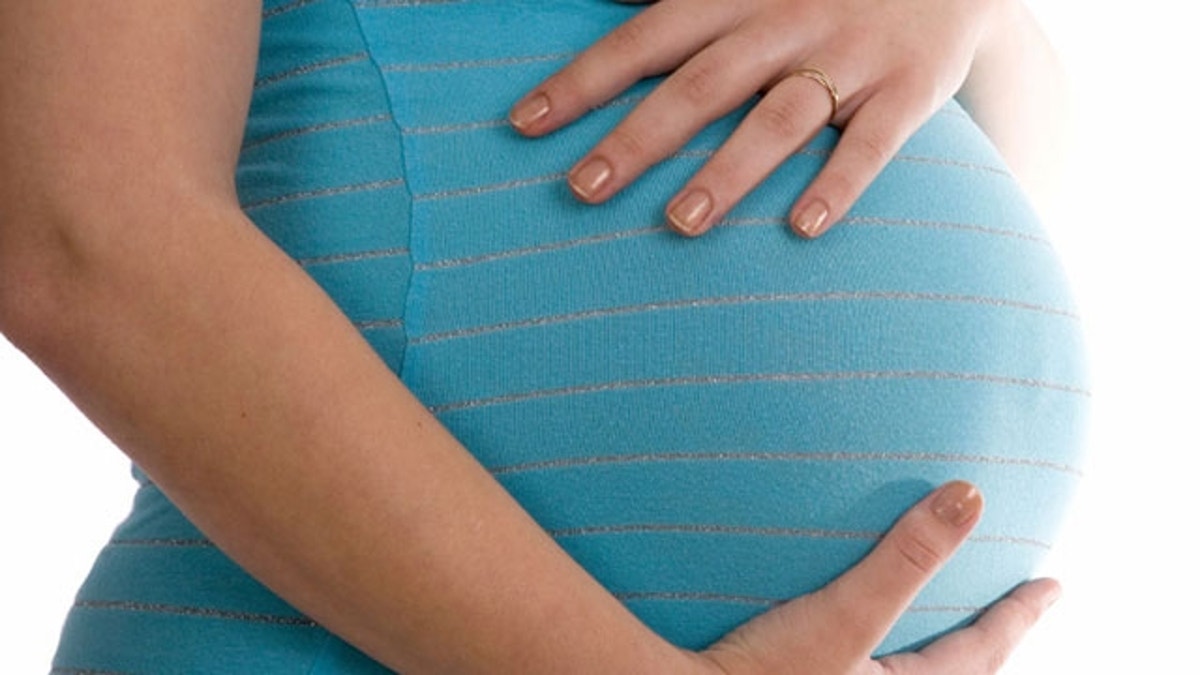
Children of women who are exposed to air pollution, such as exhaust fumes, during pregnancy tend to have more behavioral problems, according to a U.S. study published Thursday.
The study followed the children of 253 New York City women who gave birth between 1999 and 2006 and found that high prenatal exposure to a certain type of air pollutant was "significantly associated" with anxiety, depression or attention problems in their children at ages six and seven.
Researchers tested the women's blood and personal air samples to look for polycyclic aromatic hydrocarbons (PAH), which are created by the burning of fuels such as diesel, gasoline and coal.
The mothers then completed an assessment of their child's behavior at ages six to seven.
All of the mothers who took part in the Columbia University study had detectable levels of PAH in their air samples, although levels varied widely, according to the study, published in the Environmental Health Perspectives journal.
"This study provides evidence that environmental levels of PAH encountered in NYC air can adversely affect child behavior," according to Frederica Perera, the study's lead author. "The results are of concern because attention problems and anxiety and depression have been shown to affect peer relationships and academic performance."








































